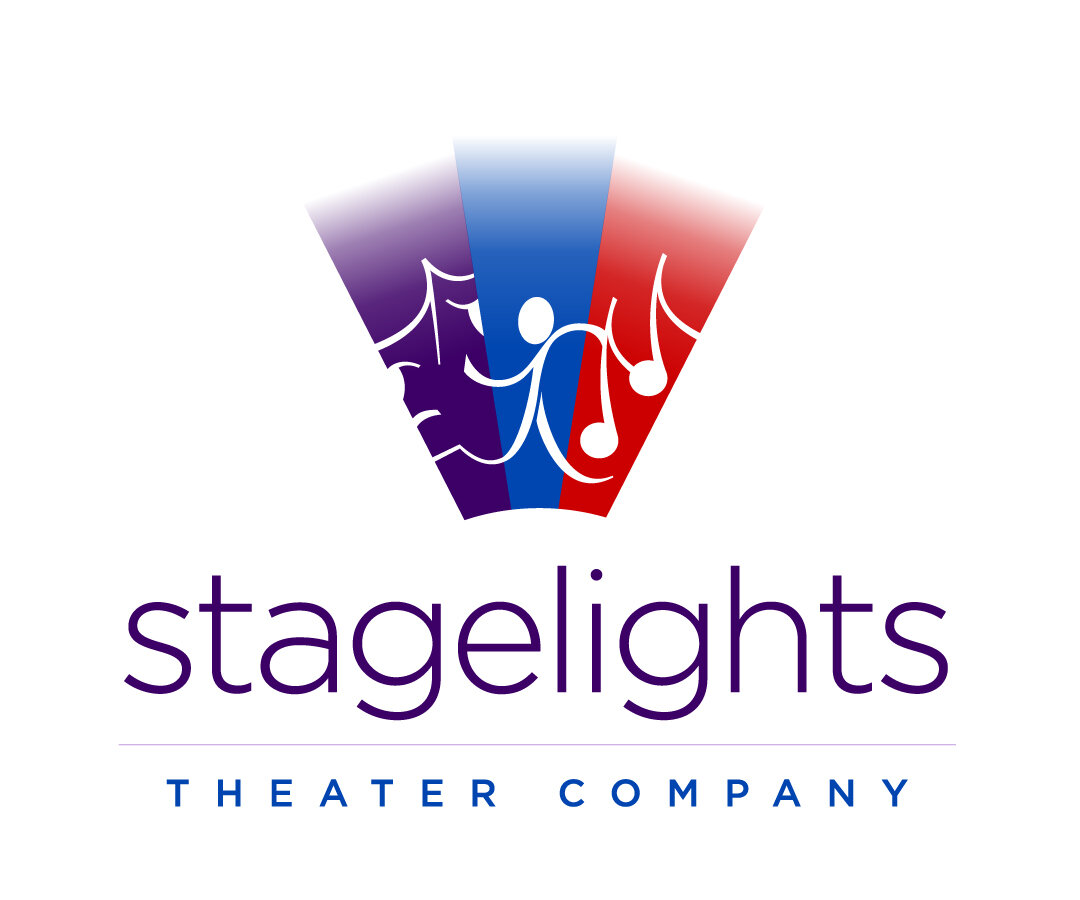Frequently Asked Questions
Q. What is the main focus of stagelights?
A. Stagelights Theater is a youth performance company that works with students from ages 4-18 to help them study the arts of theater, dance and music. Stagelights strives to bring the dramatic arts to as many students as possible, no matter their background or experience level. Stagelights was founded by Pamela Kinter, an acting instructor and children’s director, who wished to bring the dramatic arts to children all over the Triad area. For many years, Stagelights worked exclusively in schools and small summer camps. In Summer of 2016, Stagelights was finally able to create its own studio to offer classes in theater, dance and music year round. However, Ms. Pam did not wish to give up the idea that Stagelights can reach any student, so she continues to work in schools to create theater throughout the Triad! Stagelights also partners with Guilford Child Development as part of their STEAM grant and their Head Start program.
Q. What is the difference between classes and musical productions?
A. Many students dream of immediately being onstage in a show, which we love! So our musicals, split into three divisions of Rising Stars (K-3rd), Juniors (4th-7th) and Seniors (8th-12th), allow students to learn a script and score to perform onstage!
Stagelights is also a firm believer that theater is an educational process, and that students learn lessons from theater that can be applied in many aspects of life. Therefore, we offer classes in two sessions (Fall and Spring) that focus exclusively on training in acting, dance, or musical theater. These classes are perfect for students who are new to theater and want to dip their toes in the waters, who want to focus on a specific skill (such as tap, improv, playwriting, auditioning, etc.), or who are thinking of pursuing theater in high school, college and beyond!
Q. How do you cast your shows?
A. We assess each student the first couple of rehearsals through teaching songs, learning choreography, and reading scenes. Senior division students (8th-12th grades) are also assessed through songs and monologues they perform, as well as by observing them in classes. We cast our show by choosing roles for students that really allow their strengths to shine as well as help them grow as performers. All casting is final. However, it’s important to note that we are an ensemble based program—this means that we teach students how to work together as an ensemble to tell the story, rather than focusing on “leads” and expecting everyone else to just be background dancers. We do take time to give instruction to all students in the cast to help them grow as performers.
Q. My child has never done a show before. Will she be overwhelmed if she joins a production?
A. Not at all. We meet students at whatever experience level they have so that they can grow at their own pace. That’s why we love doing assessments for the first couple of rehearsals—the teachers have a chance to do fun, educational activities with the students to help them feel comfortable and bond as an ensemble, rather than just throwing them right into a show rehearsal.
Q. My student got his part, and he only has one line in the show. He’s really disappointed and doesn’t think he’ll be onstage much. I don’t think his talent will be showcased—can you explain this to me?
A. We know that casting is hard for kids. As we always explain to them, a show would be really boring if we had 40 Belles onstage in Beauty and the Beast or 30 Charlies in Willy Wonka. It takes a lot of great performers to put on a production. At Stagelights, we NEVER stick a student onstage for just one scene. We love to incorporate the cast into as many scenes and songs as possible, so that students are surprised by how much they actually have to do in the show. We encourage students to not just go home and count their lines, but to really focus on learning the story and then trusting that they will learn lots of awesome scenes, songs, and dances that they will perform in the production. If after a few days of rehearsals, they’re feeling really bored with nothing to do, we encourage them to come talk to us about it in person!
Q. I’ve noticed that tuition for musicals is higher than tuition for classes. Why is this?
A. Musicals are an extremely expensive endeavor. The main costs associated with regular classes are space rental and teacher pay. For musicals, we first have to purchase rights to perform the show, including the cost of performances, scripts, etc. Beyond paying for rehearsal space, we also have to pay for our performance space for the entirety of our tech week. We then build sets, props, and costumes, with many students needing multiple costumes for the production. Productions take many staff members, including directors, choreographers, music directors, accompanists, percussionists, tech directors, front of house, lighting, sound, etc. We do our best to keep costs as low as possible, but it takes MANY moving parts to create a show!
Q. My student really wants to be involved, but we just can’t afford it. Is there anything we can do?
A. Stagelights has never turned a student away due to not being able to pay. We offer discounts and scholarships to meet any family’s needs. We ask that all families simply be open and honest with us when discussing what they are able to afford. For some families, this means a full scholarship—for others, we work out a payment plan or create a discount. Please don’t hesitate to contact us to discuss financial options!
